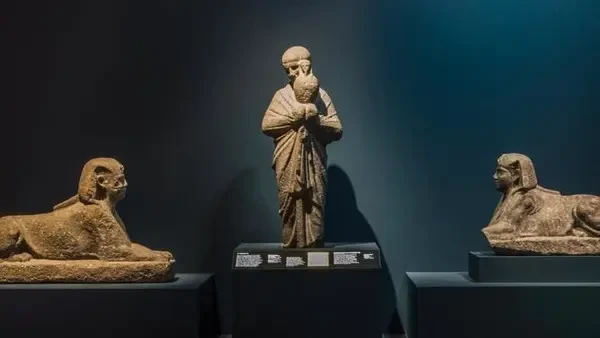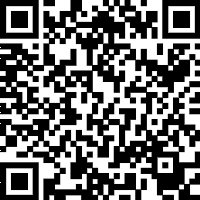The National Authority for Remote Sensing as a leading authority for African open science for North Africa
Dr. Ayman Ashour, Minister of Higher Education and
Scientific Research, emphasized the Ministry's interest in partnership efforts
and international cooperation between Egyptian research bodies and
international scientific institutions in order to benefit from scientific
expertise in various fields to develop scientific research and make further progress
on the development and economic path. The Minister referred to the Egyptian
State interest in the space technology and satellite file, which played a vital
role in achieving the objectives of sustainable development. He emphasized the
follow-up to the implementation of the programme for the development of human
and scientific capabilities in that field, the efforts to settle space
technology in Egyptian universities and the raising of students' awareness of
scientific disciplines and programmes in satellite technology and space
research, and the graduation of a generation of qualified specialists in the
field to serve the satellite industry. The Minister reviewed a report by Dr.
Islam Abu Al-Magd, Chairman of the National Authority for Remote Sensing and
Space Science, on the main activities, events and achievements of the Authority
during 2023. The Remote Sensing Authority participated in several important
meetings and conferences, notably a forum on "The role of remote sensing
in the control and protection of environmental systems and support for
environmental and developmental decision-making," in partnership with the
Ministry of the Environment, a conference at the University of Ain Shams on
"research and studies on the use of remote sensing and dry information
systems applications," the Fourth Forum of the Chinese Arab Relations of
the Baido Satellite Navigation System, participation in the Cairo event ICT23
and organization of a scientific symposium on "The role of technology in
agricultural development," as well as the participation of Dr. Islam Abu
Al-Magd in the African Space Conference in
Côte d'Ivoire;
to discuss the role of space technology and remote sensing in achieving
sustainable development and Africa's Agenda 2063, and the extent to which the
agenda was achieved through modern techniques of space sensors and partnership
among African States under Egypt's hosting of the headquarters of the African
Space Agency. The Authority also received many delegations, agencies and senior
officials at the local and international levels to discuss and promote joint
cooperation in areas of common interest, notably UNESCO, the Institute for
Agricultural Resources and Regional Planning of the Chinese Academy of
Agricultural Sciences, the Regional Centre for Remote Sensing of North African
States, the Kyushu Institute of Technology and the International Centre for
Advanced Agricultural Studies of the Mediterranean Region. In cooperation with
the Academy of Scientific Research and Technology, the Authority announced the
opening of the second incubation course for remote sensing and space science,
funded by the National Technological Incubator Programme, with the aim of
supporting promising and transformable technological ideas for emerging remote
sensing and space science companies in the belief that it was necessary to
create a supportive climate for young researchers ' innovators and
creators. It also participated in a call for the continent of Africa to
participate in challenges and incubators on the African continent, as well as
organizing a series of training workshops for the incubator for remote sensing
and space science. The Commission also won its appointment as the leader of the
African Science Open to North Africa, in cooperation with the National Research
Foundation of South Africa, to establish an African Science Platform, with the
aim of supporting networking among African States, strengthening knowledge and
infrastructure networks and strengthening common capabilities. The Authority
also participated in three innovative ideas and emerging companies in Africa
' s challenge to remote sensing. The Authority also successfully
prepared the first atlas of the impact of climate change on the northern coast,
which was presented at the United Nations Climate Conference (COP28) hosted by
the United Arab Emirates. As part of its awareness-raising, training and
educational role, the National Remote Sensing and Space Science Authority
organized a briefing day on small satellites for college students (engineering,
the Training and Continuing Studies Division) for 233 students from Cairo
University at the Bachelor of Arts College, Geomatics Division, and an
intensive training programme on the use of advanced remote sensing and
artificial intelligence techniques in the assessment of vegetation dynamics, as
well as a training course for students on "Educational satellite
launches," which the students successfully launched under the supervision
of the Authority's professors.
The Authority organized the activities of the GMES and
Africa Regional Forum, held in Sharm el-Sheikh under the auspices of the
Ministry of Higher Education and Scientific Research, and the cooperation and
partnership of the African and European Unions.
A group of
researchers and representatives of African countries participated in the event
of the activation of the role of remote sensing in the development of the
African continent. The Forum included several distinguished scientific sessions.











